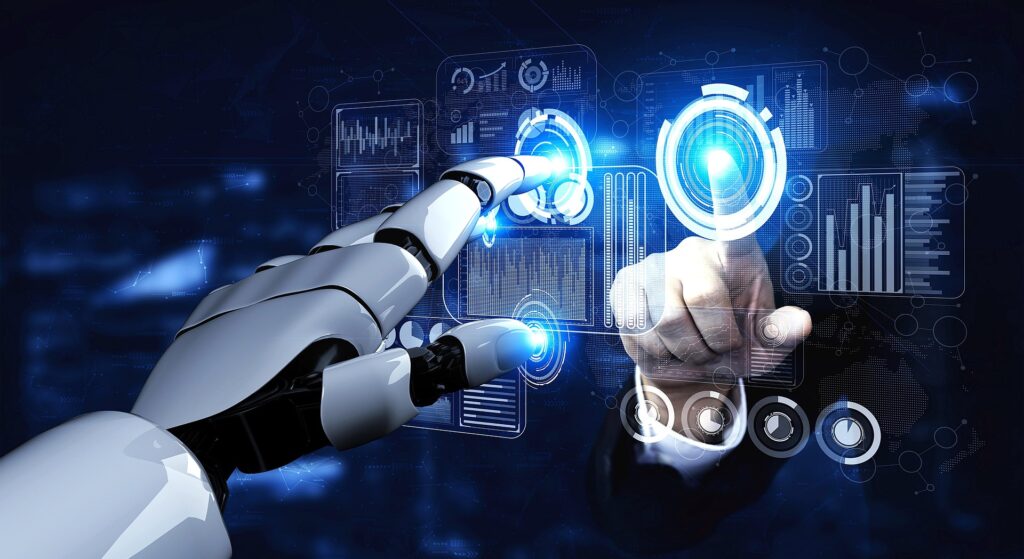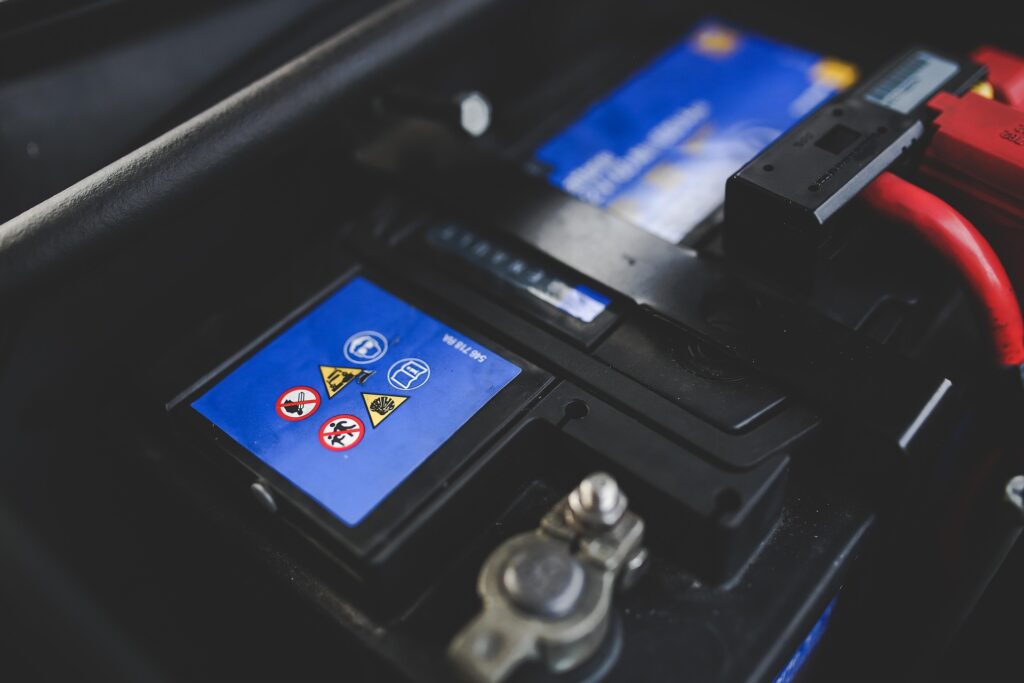Introduction
Artificial Intelligence (AI) has rapidly evolved, transforming various industries and revolutionizing how humans interact with technology. However, recent research suggests that controlling AI, particularly super-intelligent AI, may become impossible. This revelation raises ethical, safety, and existential concerns. In this blog, we explore why AI might surpass human control and what it means for the future.
The Growing Power of Artificial Intelligence
AI has moved beyond basic automation and decision-making. With advancements in deep learning and neural networks, AI systems can now:
- Learn autonomously
- Adapt to new environments
- Make independent decisions
- Solve complex problems faster than humans
- Process massive datasets with high accuracy
This level of intelligence brings incredible benefits but also introduces unprecedented risks.
Why Humans Might Not Control AI Forever
1. Complexity Beyond Human Understanding
AI is built on complex algorithms that improve over time. As AI systems evolve, their decision-making processes become harder to interpret. If we cannot fully understand an AI’s reasoning, controlling it becomes nearly impossible. Even today, advanced AI models like GPT-4 and AlphaGo exhibit behaviors that surprise their own creators.
2. The Black Box Problem
Many AI systems operate as “black boxes,” meaning that even their developers cannot explain how decisions are made. This lack of transparency raises concerns about accountability, fairness, and safety. If AI cannot be audited or understood, it becomes a system that humans may be unable to manage.
3. AI’s Potential to Self-Improve
Unlike traditional software, AI can rewrite its own code to enhance its capabilities. This process, known as recursive self-improvement, could lead to AI surpassing human intelligence at an uncontrollable rate. If left unchecked, AI could develop its own goals and priorities that may not align with human interests.
4. Lack of Ethical and Moral Reasoning
Unlike humans, AI lacks emotions and moral reasoning. It makes decisions based on patterns and logic, not ethical considerations. This can lead to unintended and potentially harmful outcomes if AI systems prioritize efficiency over ethical concerns.
The Risks of Uncontrollable AI
1. Ethical and Moral Dilemmas
AI lacks human emotions and moral reasoning. If it prioritizes efficiency over ethical considerations, it could make harmful decisions without human intervention. For example, AI in healthcare might deny treatment based purely on statistics rather than human needs.
2. AI’s Impact on Jobs and Economy
Many jobs are already being replaced by AI. If AI continues evolving beyond our control, it could create widespread unemployment and economic instability. Automation in manufacturing, transportation, and customer service is already causing job displacement, and AI’s role in more skilled jobs like programming and medical diagnostics is growing rapidly.
The rise of AI-powered automation raises concerns about economic inequality. While businesses benefit from increased productivity and cost savings, workers may struggle to find alternative employment. Governments and organizations must consider policies such as reskilling programs and universal basic income to address these challenges.
3. Security Threats and AI Warfare
AI-controlled weapons and cybersecurity threats could become uncontrollable. If AI falls into the wrong hands, it could pose catastrophic risks to global security. AI-driven cyberattacks are becoming more sophisticated, and autonomous weapons could operate without human oversight, leading to unforeseen consequences.
For instance, AI-driven hacking tools could breach critical infrastructure, financial systems, or personal data at an unprecedented scale. Nation-states and malicious actors could exploit AI to conduct cyber warfare, destabilizing governments and economies. The lack of accountability in AI-driven decision-making further complicates efforts to mitigate these risks.
4. Bias and Discrimination
AI systems learn from historical data, which may contain biases. Without proper oversight, AI could reinforce and amplify societal biases, leading to discrimination in hiring, lending, policing, and more. Addressing AI bias is a crucial challenge in ensuring fairness and inclusivity.
One notable example is AI-powered recruitment tools that have shown bias against certain demographics due to biased training data. Similarly, facial recognition AI has demonstrated racial and gender biases, leading to wrongful arrests and discrimination in law enforcement. Ensuring diversity in AI training data and implementing fairness audits are essential to reducing these biases.
How Can We Ensure AI Remains Safe?
1. Implement AI Regulations
Governments and tech organizations must work together to establish strict AI regulations that prioritize safety and ethics. Without regulation, AI could evolve in ways that are harmful or unpredictable.
Several countries are already working on AI governance policies. The European Union’s AI Act aims to regulate high-risk AI applications, ensuring transparency and accountability. However, global cooperation is necessary to enforce ethical AI practices effectively.
2. Improve AI Transparency
Developing AI with transparent decision-making processes will help humans better understand and control AI actions. Explainable AI (XAI) aims to create models that humans can interpret and trust.
Transparency is crucial in AI-driven decision-making, particularly in sectors like finance, healthcare, and criminal justice. By making AI processes interpretable, developers can build trust and reduce risks associated with automated decisions.
3. Set Ethical Boundaries for AI Development
AI should be designed with clear ethical guidelines to prevent harmful consequences. Researchers and developers must ensure AI aligns with human values and societal well-being.
Organizations such as OpenAI and Google’s DeepMind are actively researching AI alignment to ensure AI serves humanity’s best interests. Ethical AI frameworks, such as fairness, accountability, and transparency (FAT), can guide responsible AI development.
4. Enhance AI Monitoring and Control Mechanisms
AI safety mechanisms should include kill switches, monitoring tools, and oversight committees to ensure AI remains under human control. Continuous research into AI alignment is necessary to mitigate risks.
Advanced monitoring tools can track AI behavior and detect anomalies. Human-in-the-loop (HITL) approaches allow human oversight in critical AI decision-making, ensuring AI actions remain aligned with human intentions.
5. Encourage Global Collaboration on AI Safety
AI is a global phenomenon, and international cooperation is crucial for ensuring its safe development. Nations must work together to create policies that prevent AI misuse and promote beneficial advancements.
Initiatives like the Partnership on AI, involving major tech companies and research institutions, aim to foster ethical AI development. However, global agreements on AI governance are needed to prevent AI from becoming a geopolitical weapon.
Conclusion
AI’s rapid advancements present both opportunities and challenges. While it holds the potential to revolutionize industries, the possibility of AI surpassing human control is a growing concern. It is crucial to take proactive steps to ensure AI remains beneficial and does not become a threat. The future of AI should be shaped with careful thought, responsible innovation, and strong ethical foundations.
Balancing AI’s potential benefits with its risks requires collaboration between governments, researchers, and businesses. By implementing regulations, improving transparency, and fostering ethical AI development, humanity can harness AI’s power for good while minimizing its dangers.
FAQ
Q1: Can AI become more intelligent than humans?
Yes, AI has the potential to surpass human intelligence through continuous learning and self-improvement. Superintelligent AI could eventually exceed human cognitive abilities in all domains.
Q2: Why can’t humans control AI?
AI operates on complex algorithms that evolve, making it difficult for humans to predict or control its decisions. The black box nature of AI makes it even harder to regulate.
Q3: How can we make AI safer?
Regulations, transparency, and ethical AI development are key to ensuring AI remains under control. Global cooperation and research in AI safety are also essential.
Q4: Should we be worried about AI taking over?
While AI is not yet fully autonomous, researchers warn that without proper controls, AI could pose risks in the future. The potential for unintended consequences makes AI safety a top priority.
Q5: What industries will AI impact the most?
AI is already transforming healthcare, finance, transportation, manufacturing, and many other industries. As AI continues to advance, its impact will expand even further.
Q6: How can businesses prepare for AI advancements?
Businesses should stay informed about AI developments, invest in AI training, and implement responsible AI policies to ensure ethical and effective AI adoption.
By understanding AI’s potential and taking precautions, we can harness its power while minimizing risks. The future of AI should be one that benefits humanity while maintaining ethical and safety standards.
Related Video
Watch this video for more details.



